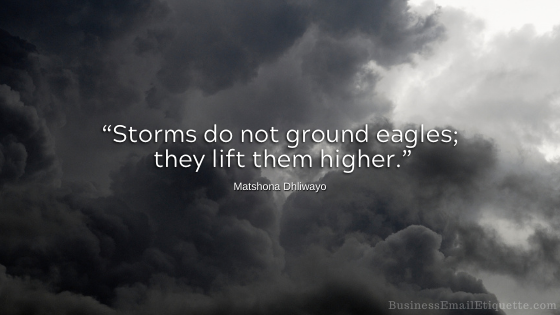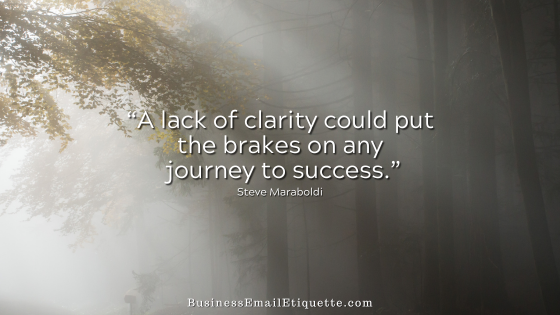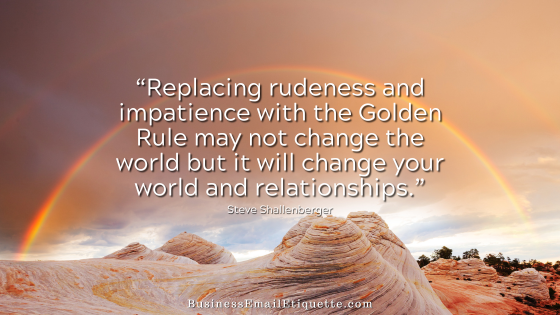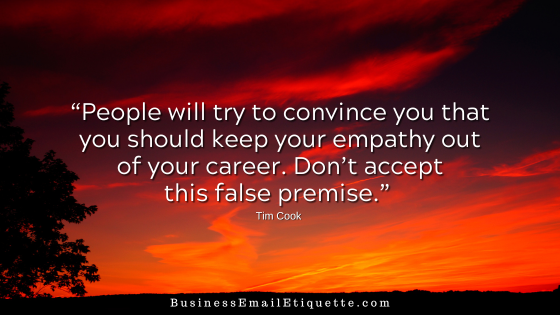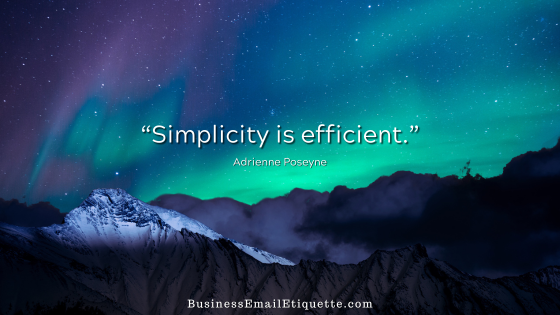Jumping to Conclusions in Business Email
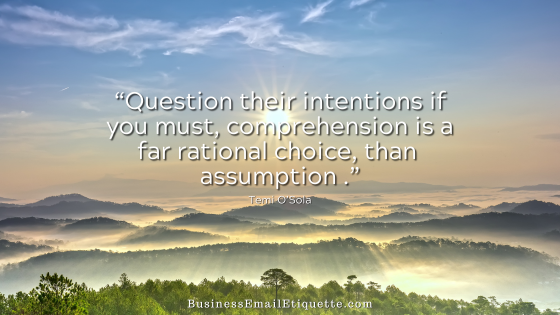
The more websites you manage, the more you are exposed to communications from varied and sundry contacts. The more interactions you have, the more you quickly realize that many you communicate with do not consider the perception that goes along with the words they choose and how they use them.
There have also been times when my initial impression of an email differs if I take a break and re-read it later. I have even read emails out loud to ensure I perceive the correct intent and tone before responding.
Nothing Like Face-to-Face
Being behind these screens makes it much easier to type what may not be accurate or nice, especially when you don’t have to look them in the eyes and then deal with their reaction. So we must consider this.
Because of this, you may overreact or read things that aren’t in the communication. Based on the knowns or unknowns of the person on the other side. This happens more so with those we don’t like or enjoy communicating with. In other words, it is common to “read into” emails what may not be there.
But the thing about professionalism is that if we don’t like or enjoy a business contact, they don’t know that. We treat them with respect and professional courtesy because that’s how professionals behave.
Almost everyone reading this post can admit to mistakenly reading into an email something that was not there or receiving the response we wanted. How you react to these communications puts your reputation and perception of professionalism on the line.
In business, the wrong reaction can be fatal.
Don’t Jump — Be Sure
The ease of typing things on the fly makes it too easy to jump to conclusions. You can type things you wouldn’t normally say in person, contributing to more unnecessary misunderstandings.
The ability to Cc: the boss or BCc: coworkers with just a click is the typical “just because you can,” but it doesn’t mean you do a scenario. Restraint.
We must ensure our intent and tone are crystal clear to minimize any room for incorrect assumptions. At the same time, we must resist jumping to conclusions.
Even if justified in a complaint, how you complain can make all the difference. With business email communications, every email you send with your business email address will reflect on you and your business.
Patience is a Virtue
Do you get impatient when you don’t receive a reply as quickly as you think you should? Or what if you don’t get the answers you want? There are so many things going on in the background that you are unaware of that can cause delayed emails or a lack of response.
Then, what if your contact is in a hurry and types off a quick response that you think is terse and vague? Ask for clarification before reacting.
A simple guideline is to type what you mean and mean what you type. All the while, ensure that you set expectations (I need a reply pretty fast!) and make sure your tone is what you want to relay (I appreciate your help!).
If you know that you tend to assume, pause. Then, in a kind and courteous way, ask for an explanation.
Don’t be an eTattler
When you don’t receive a response to an inquiry in the manner or time you would prefer, don’t get rude or testy. Always be the epitome of professionalism. Even if your emotions hint at responding otherwise, don’t.
While a lack of response or a less-than-professional approach may impact your perception of the other side, don’t change how you communicate. Rather, send a professional follow-up confirming whether the original request was received and, if appropriate, asking if everything on the other side is okay.
If an email is terse or rude, I respond with the courtesy not offered. This is how you set an example of how professionals communicate with email.
Jumping to conclusions often only exposes your lack of knowledge, understanding, or ability to act as a true professional under pressure. Instead, use these situations as an opportunity to show otherwise.

